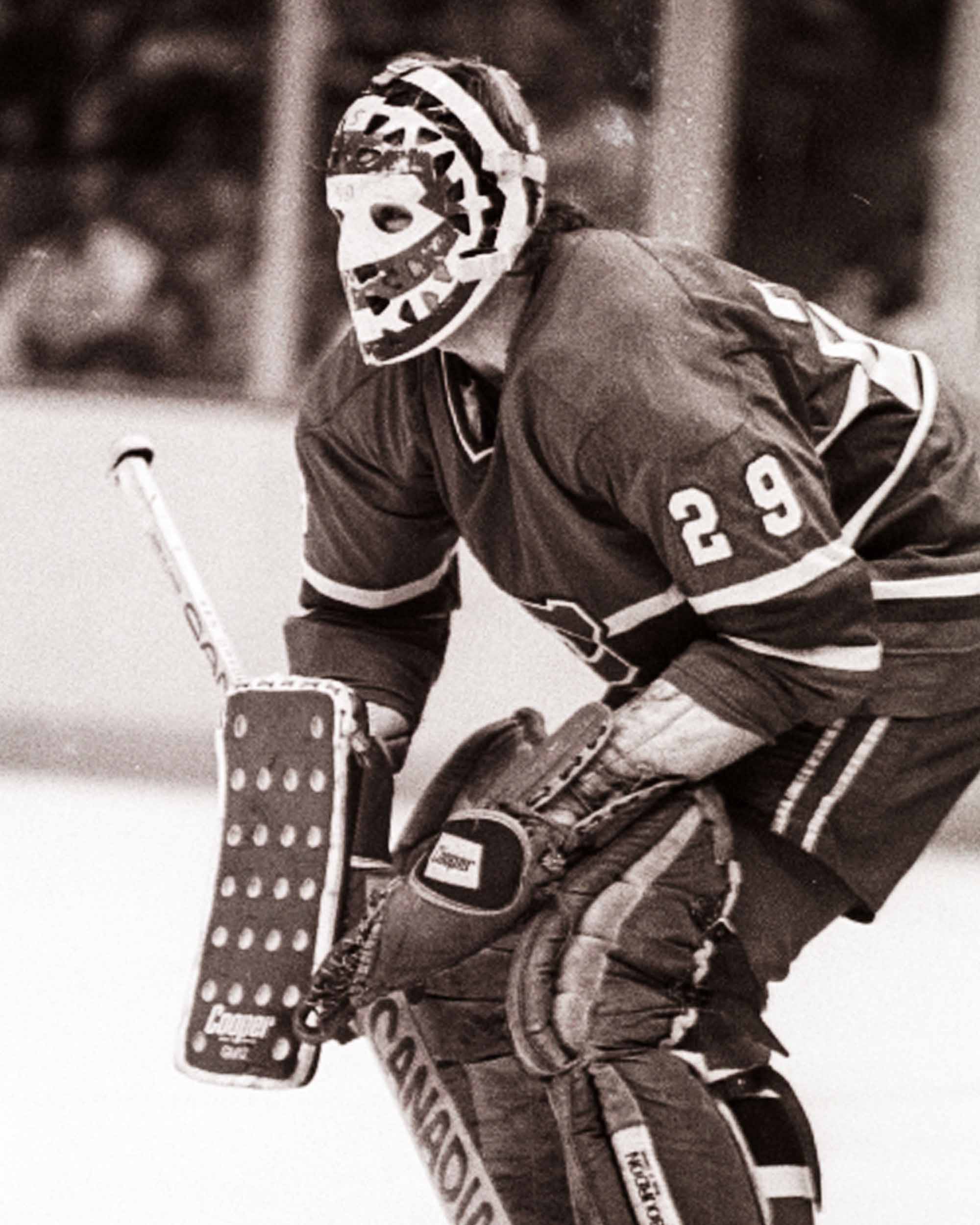The following article is an editorial. Editorials are not usually updated.
Ken Dryden will be remembered by history for his play, for his accomplishments on the ice. But what made him historic, what ensures that he will be remembered also for his writing, his leadership, his politics and his advocacy, was his character.
Ken would listen earnestly and gift them the memory of a question about their upbringing or families. He always took care to ask for the name of each fan seeking a signature. Then he would personalize whatever they placed before him, inscribing their name and maybe adding a short mention of something from their conversation. This went on for some time until a different kind of crowd arrived. Less respectful and more insistent. They thrust glossy photos in front of him, barking for him to sign and declining to share their names.
His soft, inviting face turned and tightened. He clicked the cap back on the felt marker he had been working with and, with untelegraphed irritation, brushed them away. He was unhappy. This bunch had ruined the moment. For the fans. And for him.
He explained to us: for those seeking memories, he would grant his time freely. But for this hawkish crew of collectors, who sought to translate his autograph into a few eBay dollars, he had nothing. Their interest was insincere and mercantile. They carried none of the cathedral reverence for hockey and its heroes — for the glory and history of the game.
And Ken loved history. He made it. He challenged it. He chronicled it.
Which raises the question, what does it take to be historic?
If Ken Dryden had never laced up skates, never played hockey, never won the Conn Smythe Trophy before he took home the Calder Trophy, never anchored the Canadiens to six Stanley Cups in eight seasons, never notched five Vezina trophies and never rose to royalty in the 1972 Summit Series, would he have still made history?
I believe so.
Obviously, his sporting accomplishments eclipsed and, to a great degree, enabled much else that followed in his life. But it remains equally true that being a great athlete did not make him so exceptional in all these other ways. His all-star play did not make him such a fine author. Or such a persuasive advocate for combatting concussions in sport. It did not guarantee his success as a hockey executive or, in the arena where I got to know him best, his years as an MP, federal minister and leadership candidate.
To succeed in these additional and important other ways, he tapped something beyond his natural athleticism. He had talent and intelligence and humility. In a word, he had character. And he owned it in historic quantities.
When the unwelcome news of Ken’s death arrived, I recalled meeting him for the first time at Harrington Lake, the prime minister’s summer residence, where he had come to confirm his intention to run for office. I remembered the dozens of times I watched him treat people with courtesy and patience — taking care to listen honestly to what they had to say and what had brought them to him.
But the memory that keeps returning is of that night I watched him grow so angry with that group of professional autograph seekers. I think about what specifically seemed to set him off and give offense. It wasn’t just the instinct to grab a quick buck. It was their brusqueness. Their vulgarity. Their uncharitable and undisguised selfishness. It was the same thing I occasionally watched him dislike about politics and that me-first breed of creature that is sometimes drawn to elected life.
He disliked a lack of character. Not because he was judgmental. But because he himself was so possessed of character — because he had such a natural abundance of it — that he seemed almost puzzled when he encountered its absence in others.
Ken Dryden will be remembered by history for his play, for his accomplishments on the ice. But what made him historic, what ensures that he will be remembered also for his writing, his leadership, his politics and his advocacy, was his character.
It made him everything, and all the things, we admired.

 Share on Facebook
Share on Facebook Share on X
Share on X Share by Email
Share by Email Share on Google Classroom
Share on Google Classroom







